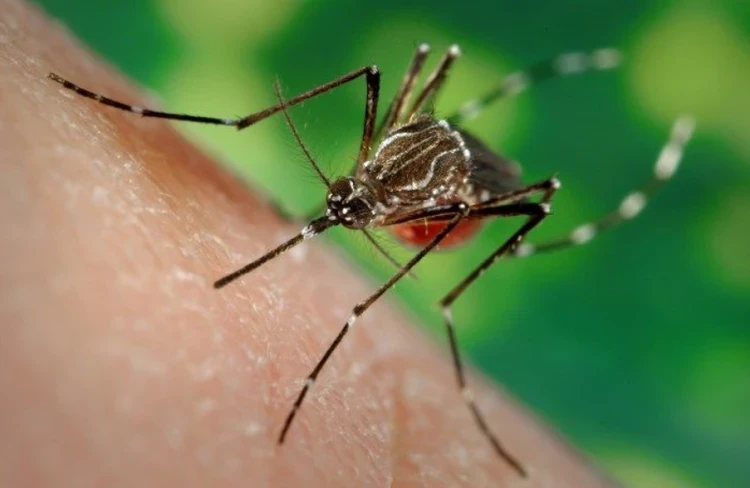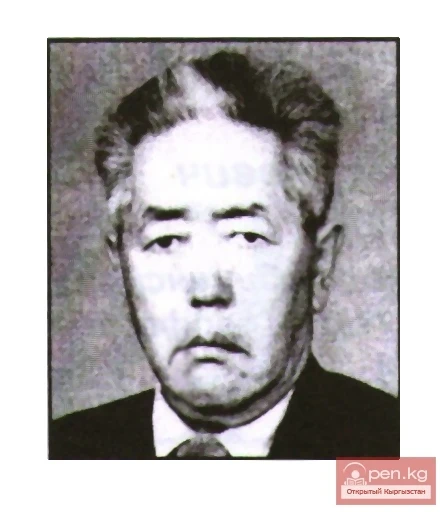Summer outdoor recreation can be spoiled for reasons beyond your control, and it’s not about the weather! It’s about insects that buzz annoyingly, bite, and ruin your mood. To protect yourself from them as much as possible, you need to prepare well for the encounter. Let’s find out how to choose the right insect repellent.
Why do you need protection from insects?
Insect bites, such as those from mosquitoes and midges, are unpleasant on their own, but in addition to itching and redness, they can also cause a serious allergic reaction in the form of severe swelling and fever — and that is dangerous for health. Infants are particularly affected by mosquito bites.
The bite of a tick is no less serious, as it can also be a carrier of severe diseases — encephalitis or Lyme disease. While the buzzing of a mosquito near your ear is audible, it is almost impossible to feel a tick crawling on your body.
The safest mosquito repellents
These products consist of natural components — essential oils, for example, lavender, geranium, cedar, rosemary, lemongrass, tea tree — which repel insects with their scent. In addition to protective properties, these products nourish the skin and have no age restrictions — they can be used for children from birth. For example, the natural spray Levrana Citronella or the mosquito cream "My Sunshine." There are also wet wipes soaked in insect repellent. They are convenient to take with you and use on the go, though the effect of such wipes usually lasts no more than 1.5-2 hours.
Repellents: Types and Features
The most popular products that protect against insect bites. The action of a repellent is based on masking the human scent. It repels due to its chemical composition, while being safe for humans; you just need to avoid contact with mucous membranes.
When buying a repellent, inquire about its active ingredients. For example, many products contain DEET, or diethyltoluamide. If you are sure that there will be swarms of mosquitoes on your hike, choose a repellent with a DEET content of over 25%. But if there aren’t too many insects, a product with a low diethyltoluamide content — less than 10% — will suffice.
Repellents are available in the form of creams, lotions, or aerosols. In addition to chemical components, they include essential oils, which often have a quite pleasant scent for humans.
Apply the repellent — cream or lotion — to all exposed areas of skin in a thin layer. Reapply every 2-4 hours. Before applying the product to your entire body, it’s better to check for a reaction on a small area of skin — sometimes essential oils of eucalyptus or clove can also cause an allergic reaction: redness, burning, itching. There are repellents in the form of aerosols, such as Mosquitall "Tick Protection" — it is applied only to clothing and gear. According to manufacturers, one application lasts a long time — reapplication can be done only every two weeks.
Acaricide-repellent products
Stronger helpers — for example, "Mosquitol aerosol," "Medilis," "Gardex-Extreme." These products not only repel but also kill insects. They are most effective on hikes. Remember: such products should be applied only to clothing (they are most often available in aerosol form), at a maximum distance from the skin and face. Insects, sensing the strong smell, will not only refrain from biting but also will not buzz annoyingly around you.
Tick repellents: acaricides
Powerful agents containing toxic substances. They are available in the form of aerosols, creams, and powders. They are most effective against ticks, but unfortunately, they are not safe for humans, so you need to be extremely careful with them. Acaricides can only be applied to clothing; try to do this not on yourself and avoid inhaling the product — it can cause severe coughing. Popular acaricides include: "Picnic," "Permanon," "Pretix," "Gardex."
Indoor repellents
Also known as fumigators — heating devices with replaceable plates or liquids. Fumigators that need to be plugged into an outlet are useless outdoors, but there are special coils that should be lit — they smolder, emitting an insect-repelling aroma. The coil is placed on a metal stand; it can be used in a tent while camping, but you need to monitor the process to avoid fire. The same applies to repellents in the form of aromatic candles, which also contain essential oils.
Many campers believe that the best protection against mosquitoes is to choose a well-ventilated spot for camping, but this option is obviously not very comfortable. Therefore, we still recommend selecting the most convenient insect repellent in advance, choosing the most covered (yet breathable) clothing, and being attentive to enjoy your walk or hike.
MISCELLANEOUS















































